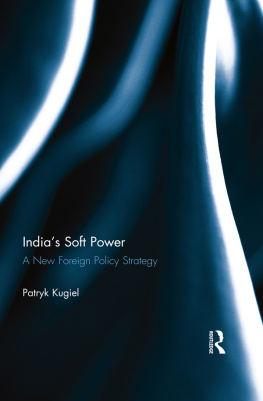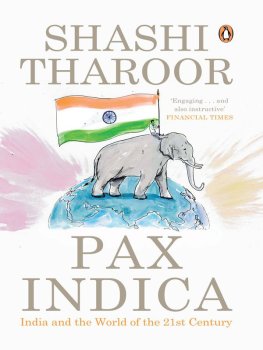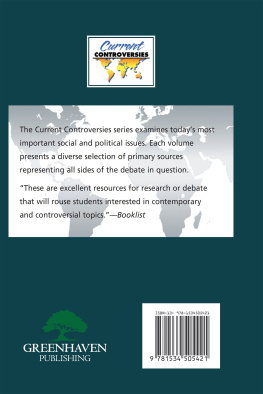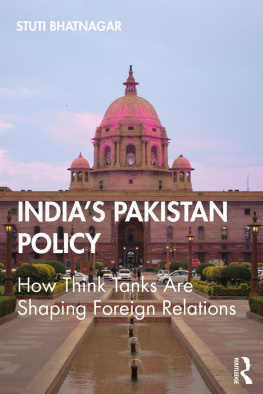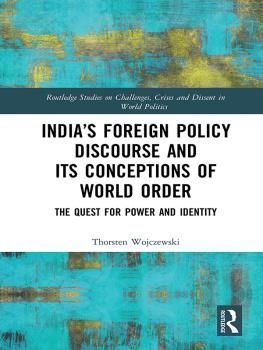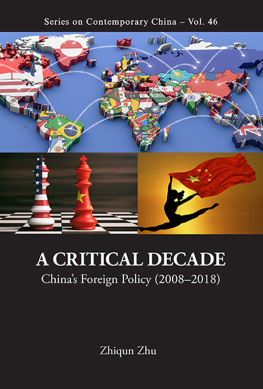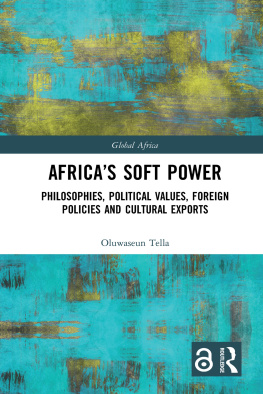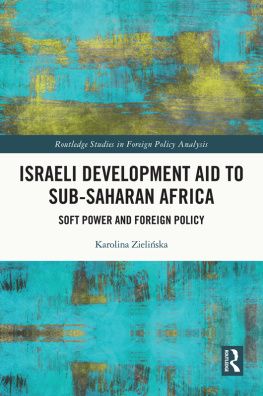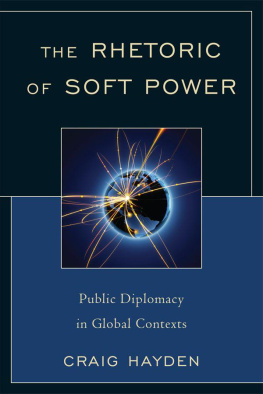First published 2017
by Routledge
2 Park Square, Milton Park, Abingdon, Oxon OX14 4RN
and by Routledge
711 Third Avenue, New York, NY 10017
Routledge is an imprint of the Taylor & Francis Group, an informa business
2017 Patryk Kugiel and KW Publishers Pvt Ltd
The right of Patryk Kugiel to be identified as author of this work has been asserted by him in accordance with sections 77 and 78 of the Copyright, Designs and Patents Act 1988.
All rights reserved. No part of this book may be reprinted or reproduced or utilised in any form or by any electronic, mechanical, or other means, now known or hereafter invented, including photocopying and recording, or in any information storage or retrieval system, without permission in writing from the publishers.
Trademark notice: Product or corporate names may be trademarks or registered trademarks, and are used only for identification and explanation without intent to infringe.
Print edition not for sale in South Asia (India, Sri Lanka, Nepal, Bangladesh, Afghanistan, Pakistan or Bhutan)
British Library Cataloging in Publication Data
A catalogue record for this book is available from the British Library
Library of Congress Cataloging in Publication Data
A catalog record for this book has been requested
ISBN: 9781138243538 (hbk)
ISBN: 9781315272139 (ebk)
Typeset in Minion Pro
by KW Publications
On 21 June 2015 the world stood still. Hundreds and thousands of people around the globe, parks and streets, shopping malls and airports, practiced asanas to celebrate first International Yoga Day established by the United Nations a few months earlier. As the Indian gift to the world yoga basked in its universal acclaim, Indias global image got a boost. Although much attention has been focused on Indias economic progress and military achievements in recent years, its soft power is no less important. The growing popularity of yoga and the more vibrant diplomacy of the new Indian government under Prime Minister Modi suggest that India is on the right track to make the optimum use of its many strength. As this case shows, it is not only the number of rockets and tanks which can decide Indias global position but, increasingly, there are other less tangible elements that can create its credibility and attractiveness.
Soft power describes the ability to influence the actions of others by virtue of ones culture, values and policies rather than by force. Unlike hard military or economic power, it works through attraction and cooptation rather than coercion and payoffs. India is familiar with this field and offers an interesting case for comparative studies of soft powers. It proves that the concept is not confined to the Western world, and that the United States faces a strong competitor in India. Yet soft power is not an alternative to hard power but rather, its supplement. An effective amalgamation of both in a comprehensive external strategy is what can make a country a smart power. As yoga cultivates harmony of the body and mind, smart power assumes mindful balance of hard and soft power assets. If India can translate this rule in its foreign policy it is set to emerge even more as a major global player.
Though less celebrated, soft power became especially important in the changed realities of the post-Cold War international scenario. Globalisation and increasing interdependence among nations limited the acceptance of use of military force or other coercive measures in foreign relations. A strong army or vibrant economy is often not enough for countries to maintain their objectives. In this information age, with free movement of people, capital and ideas, perceptions matter more than ever. It is claimed that, communication strategies become more important, and outcomes are shaped not merely by whose army wins, but also by whose story wins (Nye, 2011b:p.18).
Russias 2014 annexation of Crimea may have suggested that the use of military force in international relations is not over. In practice, this example proves that the use of force is more costly today than was the case in the past (Gray, 2011: p.21). Russia has already paid the price for its actions: it now suffers from international condemnation, political isolation, economic sanctions, and unified anti-Russian sentiments in many nations. These factors dealt a severe blow to Russias image, which had just been propped up by its massive investment in the 2014 Winter Olympic Games in Sochiplanned as a showcase of national power. Russia, despite its muscle flexing, chose not to send regular troops to Ukraine, but engaged in hybrid warfare and creeping invasion. This choice clarified that incredibility of the soft power theorythat, there is no acceptance for using 19th century means in the 21st century.
Since the term soft power was coined in the early 1990s it has enjoyed a spectacular international career. Although originally designed for the United States, as the sole superpower, soft power has been, gradually de-Americanised and incorporated into the foreign policy strategies of many countries. In India, this subject has been insufficiently studied and unfortunately, has been marginalised in the discourse on international relations. For a country with civilisational richness and positive record in international affairs, this marginalisation of soft power is intriguing. One possible explanation of this puzzle is that, Indians take their soft power for granted and thus, there is no need for further scrutiny of the subject (Interview with Indian diplomat, Warsaw, 2013). Another reason may be the fact that, when the term soft power was created, India was looking ahead to the next stage, which focused on hard power. For the last few decades, discourse on foreign and security policy in India has been dominated by realist analysts focusing solely on the material attributes of power. For them, soft power is a confession of state weakness, and many confuse soft power with a soft state (Hymans 2010). Another possibility is that soft power is resented and rejected simply as a Western concept that does not fit into the Indian context. Such an interpretation would be a mistake, as India is no stranger to the soft power concept; disregarding it would dispose of decades of progress in this alternative model.

